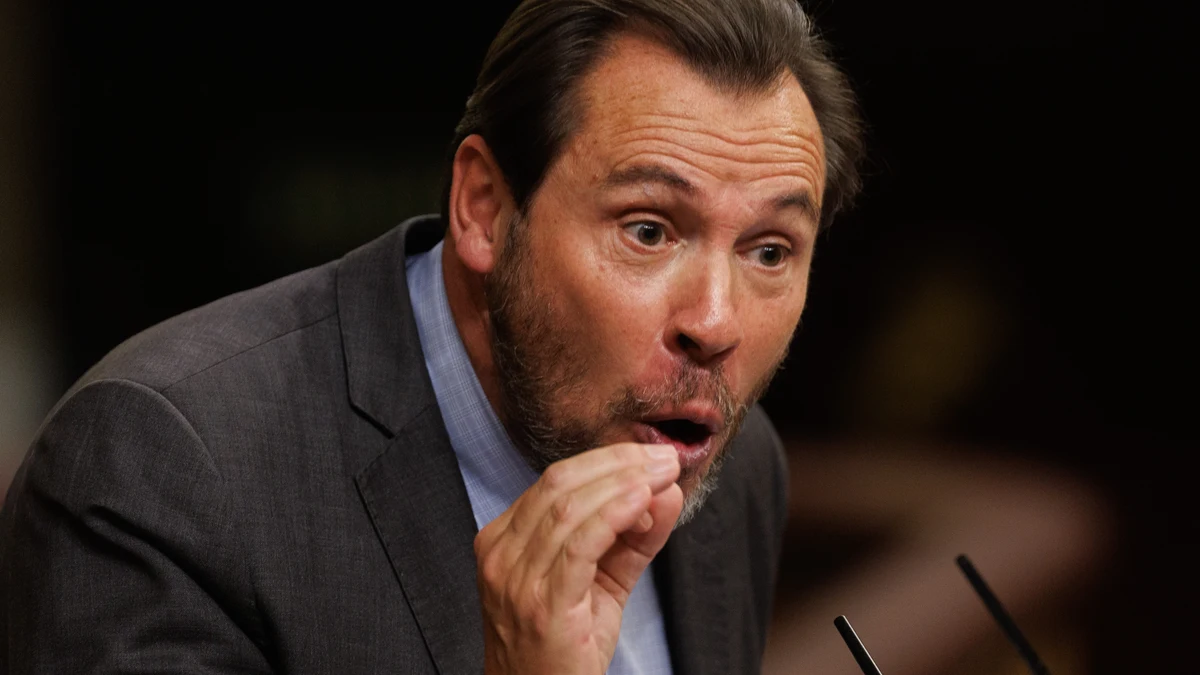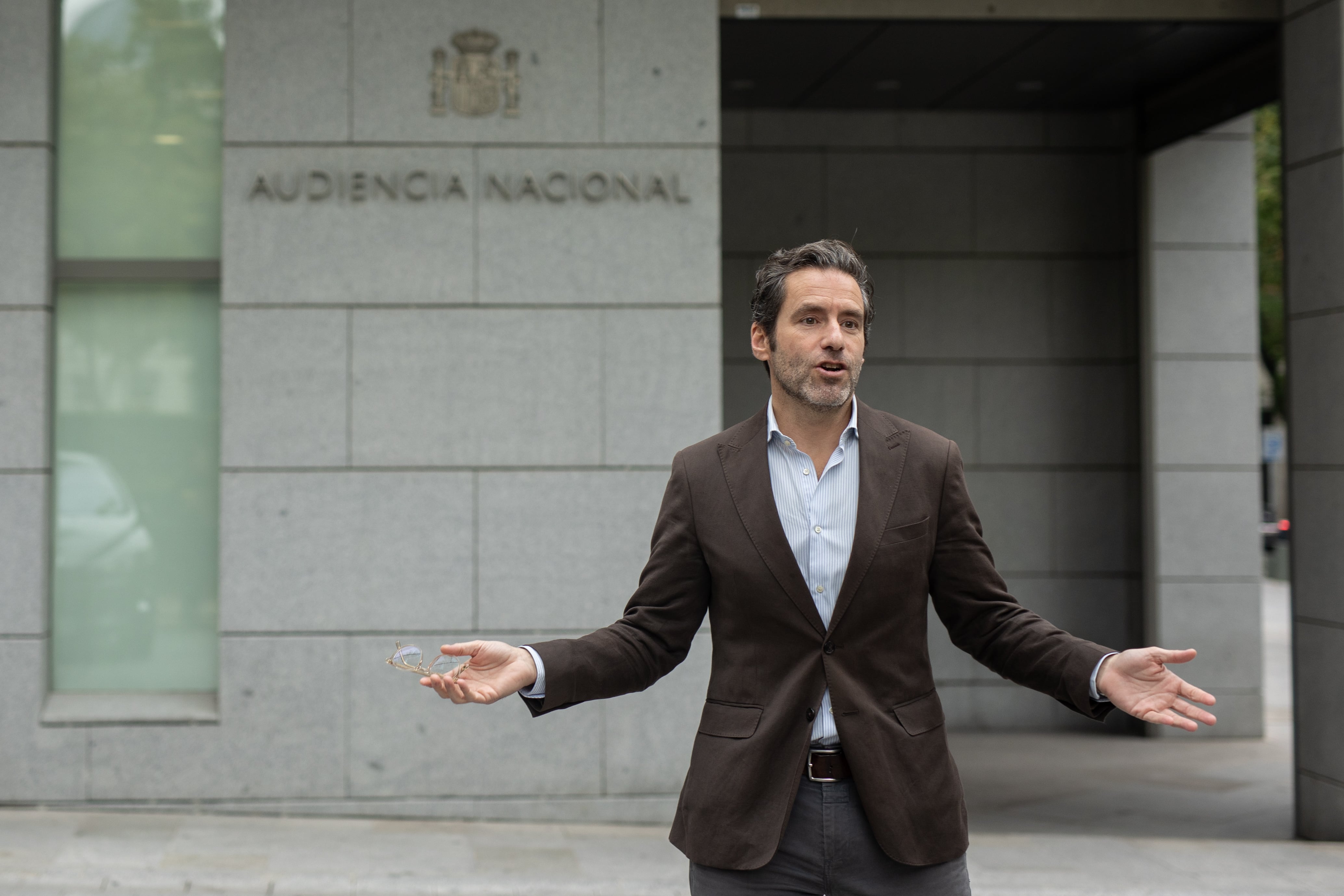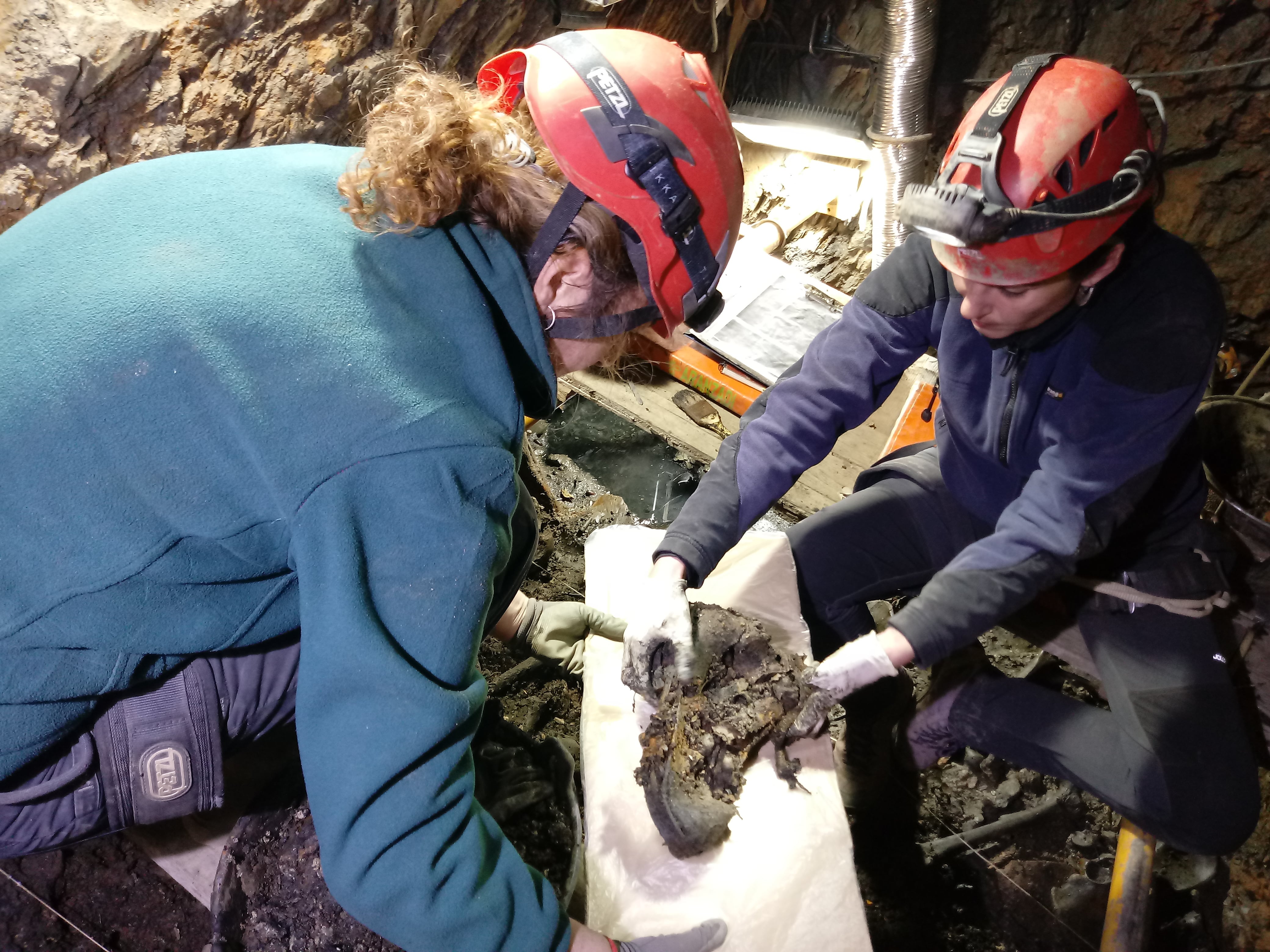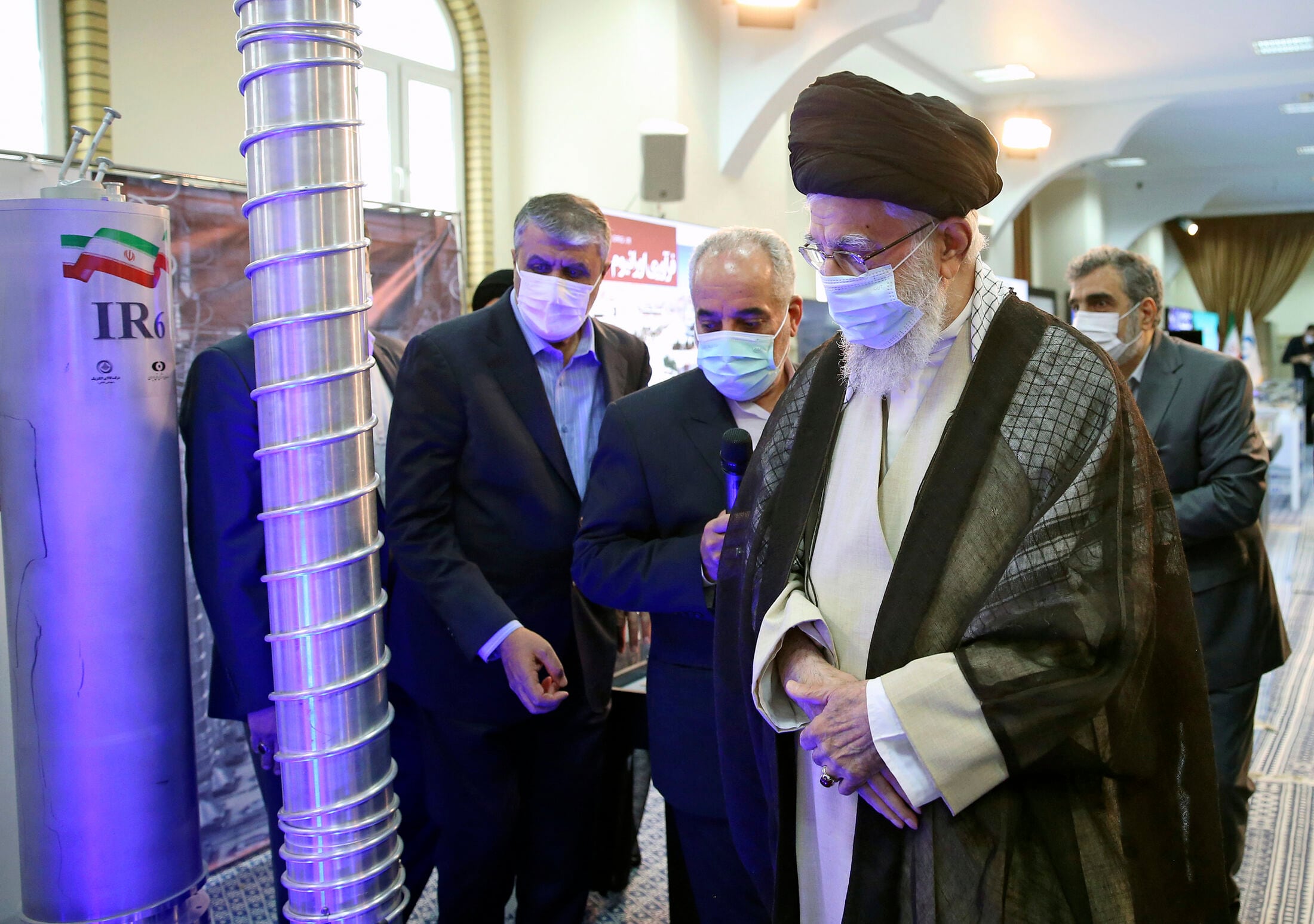Ahead of the November general election, the Southern California News Group compiled a list of questions to pose to the candidates who wish to represent you. You can find the full questionnaire below. Questionnaires may have been edited for spelling, grammar, length and, in some instances, to remove hate speech and offensive language.
MORE: Read all the candidate responses in our Voter Guide
Name: Celeste Rodriguez
Current job title: Mayor
Political party affiliation: Democrat
Incumbent: No
Other political positions held: Mayor of San Fernando
City where you reside: San Fernando
Campaign website or social media: https://www.votecelesterodriguez.com
It’s no secret that California will play an outsized role in AI development and regulation. That was a big topic for the legislature this year, but what is one way you’d like to see the legislature tackle concerns about bias or transparency in the AI space or encourage innovation and start-ups? (Please be specific in your response, and keep your answer to 200 words or less.)
The use of AI, while offering potential benefits, does carry risks, particularly in how it might impact jobs, cybersecurity, or energy. It is crucial for California to assess and study these technologies before their widespread implementation thoroughly. We need to ensure that technology enhances, rather than replaces, the expertise of professionals and that we safeguard our society from unknown risks. Careful evaluation of these technologies is essential to strike the right balance between leveraging innovation and maintaining safety and security for now and future generations.
One area I would like the legislature to explore is regarding our energy grid. AI holds significant potential to improve California’s energy grid by addressing challenges such as rising demand and the need for increased efficiency and sustainability. By predicting energy usage, optimizing resource distribution, and better integrating renewable energy, AI can enhance our grid management. I will prioritize protecting employees from automation threats and promote responsible AI use as we integrate this new technology into our lives and industries.
Before California voters this year is a proposition to increase the state’s minimum wage to $18 per hour, the nation’s highest, by 2026. Do you support increasing the minimum wage in this way? Why or why not? (Please keep your answer to 150 words or less.)
All workers deserve fair wages that allow them to do more than simply survive. California was the first state to implement a $15 minimum wage, a milestone achieved through persistent efforts by unions and restaurant workers. However with California’s high cost of living even in the least expensive county a single adult needs at least $20.32 per hour to cover basic living expenses, and the average is actually closer to $27.32. Our state’s higher minimum wage is because of this higher cost of living—Californians would not be able to afford to live on the federal state minimum wage of $7.25. I believe in taking action to ensure that Californians have a livable wage and that competitive salaries and benefits are developed to attract and retain talent. My experience in San Fernando and Los Angeles has also shown me the impact of public sector wages lagging behind the private sector, leading to a loss of skilled professionals.
This year, California faced a large budget deficit that put a strain on lawmakers’ ability to fund certain programs and projects going forward. What is one thing you believe the state should do to avoid such large deficits in the future? (Please be specific in your answer, and limit it to 150 words or less.)
Given the challenging budget projections in the coming years, our state budget must reflect our values of helping uplift working families. I advocate for generating new revenues to fully fund the programs that are most crucial to California’s success, such as our public schools, colleges, and career training programs. Closing corporate tax loopholes that undermine our ability to fund these necessary programs is essential to creating a steady revenue stream without drastically impacting everyday people or cutting into the services Californians depend on. Corporations should contribute their fair share, and we should prioritize investments in our schools and public services over tax breaks for the wealthiest Californians.
Speaking of the budget, there are multiple proposed bond measures before voters this year. Is the state in a good place to issue bonds for state programs and infrastructure projects? Should certain programs or projects be prioritized over others? (Please be specific in your response, and keep your answer to 200 words or less.)
The most crucial services the state provides include housing, infrastructure, public services, education, public safety, and environmental protection. These services play an indispensable role in the well-being and progress of our communities. When faced with budget deficits, first, we should review the state’s budget and assess if efficiencies can be found. Then, we can prioritize cost-saving alternatives such as deferring expenses, issuing bonds, and exploring other financial strategies as our initial budgeting steps.
Cost of living is high on the list of concerns among voters, particularly among younger people. What is one bipartisan proposal you have to alleviate concerns about high prices or the cost of living in California? (Please be specific in your response, and limit it to 200 words.)
Housing affordability is one of the biggest challenges facing Californians and is usually the most expensive part of an individual’s or family’s budget. I have experience working on tenant protections and homelessness policy, and confronting the challenges of building affordable housing in communities and the realities people face when balancing rent and basic necessities. In the Assembly, I will support legislation to increase affordable housing stock for tenants, create more pathways to homeownership, and streamline processes to get more housing online while lowering costs. I believe working to make housing more affordable is a goal that is shared by Democrats and Republicans, and I look forward to working in a bipartisan manner in the Assembly to deliver housing solutions for Californians.
The legislature this year considered recommendations from a first-in-the-nation task force that considered how California could atone for past racism and discrimination against Black people, including potential compensation. What do you believe is the role of the state in atoning for the atrocities committed against Black people? (Please limit your answer to 200 words or less.)
As a committed advocate for anti-racism and social justice, I support efforts to address systemic and anti-Black racism. If elected, I plan to actively support and expand initiatives that foster a more inclusive and equitable environment in our institutions. As Assemblymember, I would support increasing funding and support for programs that tackle systemic racism, especially those that advocate for diverse recruitment and development in state institutions.
Gov. Gavin Newsom recently ordered state agencies to remove homeless encampments on state property and urged cities to follow through. What else do you propose the state do to help eradicate homelessness? (Please limit your response to 200 words or less.)
When I worked on the Los Angeles Mayor’s Homelessness Services Team and with the LA Housing and Community Investment Department (HCID), I helped manage prevention initiatives and coordinated contracts and funding for homeless relief efforts. After working on the eviction defense program, I recognized it would not be available for the City of San Fernando. I decided to run for City Council to ensure my community would have access to these same resources.
As Mayor, I led the creation of “Kids First,” a program for homeless families with children living in motels due to limited capacity in the shelter system. These families lacked access to food, and their children were disconnected from school. I brought together services and organizations to connect these families to the support they needed to transition to permanent housing and financial stability. In the State Assembly, I’ll expand on the work I’ve done on homelessness by:- Helping prevent people from falling into homelessness through emergency rental assistance programs, rent control, and legal support- Creating innovative financing models, zoning reforms, and focusing on building mixed-income communities to increase available housing- Increasing access to critical mental health and supportive services for those experiencing homelessness and those at risk.
Similarly, Gov. Gavin Newsom has urged county leaders to take advantage more of a new state law that makes it easier to place someone with severe mental health or substance abuse issues into conservatorships, an effort to keep more people out of homelessness. But local leaders in Southern California have said they need more time and resources to build, fund and staff more mental health facilities. Is there anything the legislature could — or should — do to aid communities struggling to find the resources to properly provide this type of mental health support? (Please be specific in your answer, and limit the response to 200 words or less.)
To address the behavioral health crisis in California, I support implementing a multi-pronged approach. First, I will advocate for legislation that incentivizes the recruitment of therapists who can provide culturally and linguistically appropriate care, especially in underserved communities. This could involve grant programs for clinics in low-income and immigrant communities and subsidies for therapists seeking additional cultural competency training. Additionally, I’ll push for improved reimbursement rates and streamlined administrative procedures to encourage more therapists to accept patients covered by HMOs and insurers. I will also focus on workforce development and retention strategies in the behavioral health field. This includes supporting initiatives like scholarships and loan forgiveness for mental health studies and advocating for competitive salaries and professional development opportunities for current therapists.
What’s the No. 1 song on your playlist while you’re on the campaign trail?
Freedom by Beyoncé
Related Articles
Heather Hutt, LA City Council District 10 candidate, 2024 election questionnaire
Adrin Nazarian, LA City Council District 2 candidate, 2024 election questionnaire
Grace Yoo, LA City Council District 10 candidate, 2024 election questionnaire
Ysabel Jurado, LA City Council District 14 candidate, 2024 election questionnaire
Jillian Burgos, LA City Council District 2 candidate, 2024 election questionnaire

























